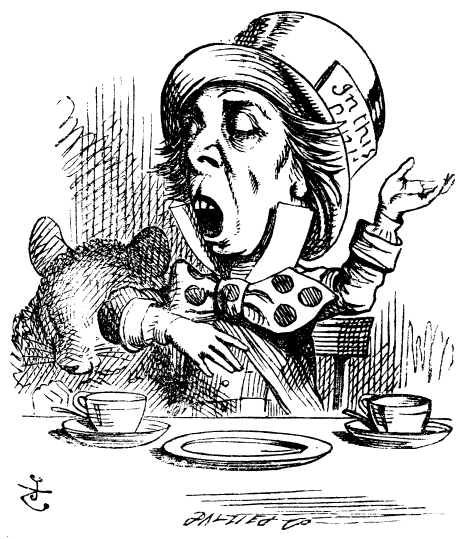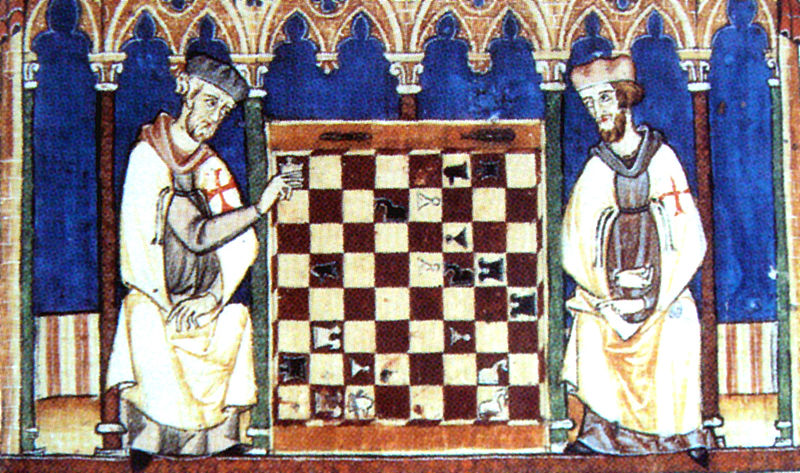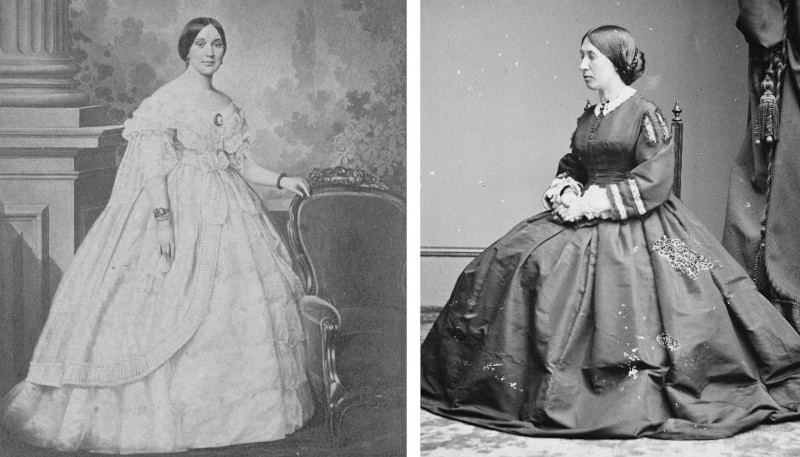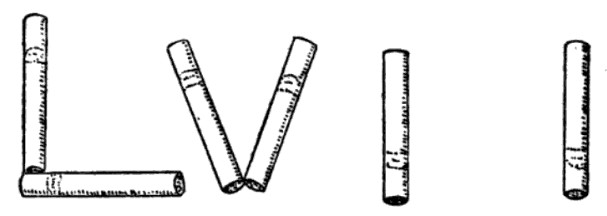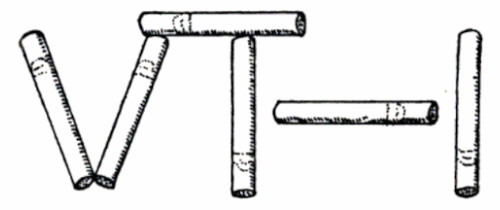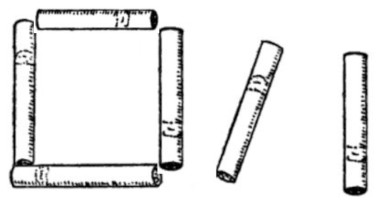In the 1990s, after studying the relation between primate brain size and social groups, British anthropologist Robin Dunbar proposed that human beings can comfortably maintain about 150 stable relationships — relationships in which one knows all the other members and how they relate to one another. Informally, he said, this is “the number of people you would not feel embarrassed about joining uninvited for a drink if you happened to bump into them in a bar.”
Notably, in a 2018 article for the Financial Times, Dunbar added that we maintain an inner core of about five people with whom we spend about 40 percent of our social time and 10 more with whom we spend another 20 percent. “In other words, about two-thirds of our total social effort is devoted to just 15 people.”

